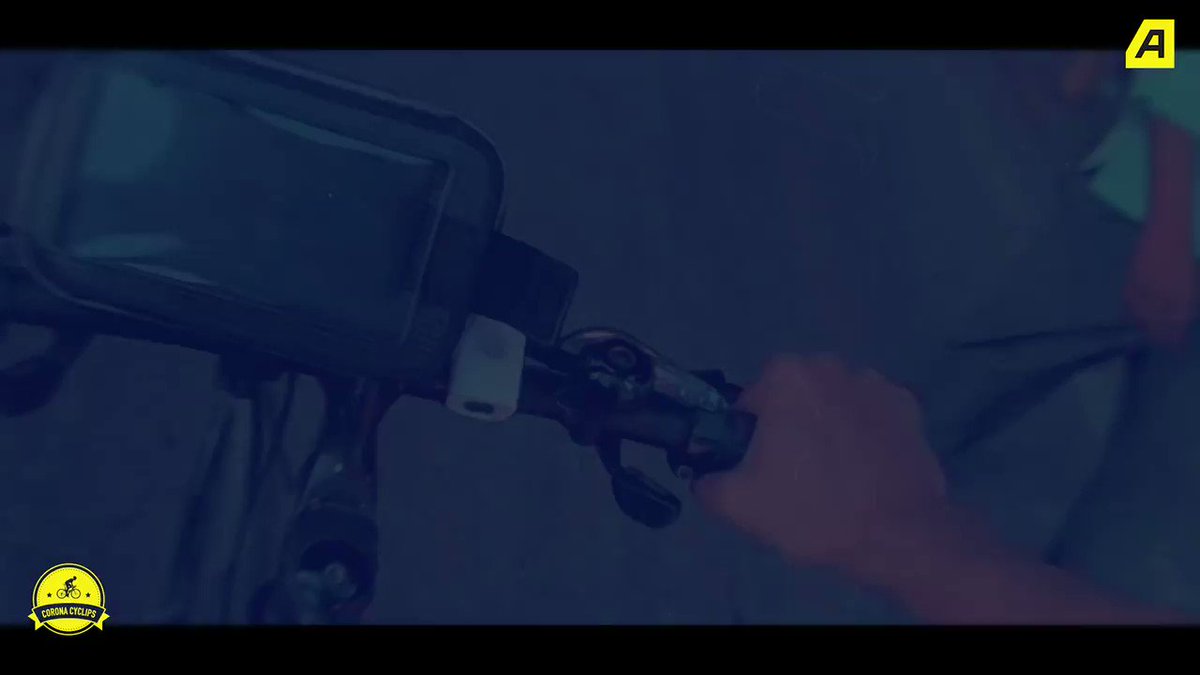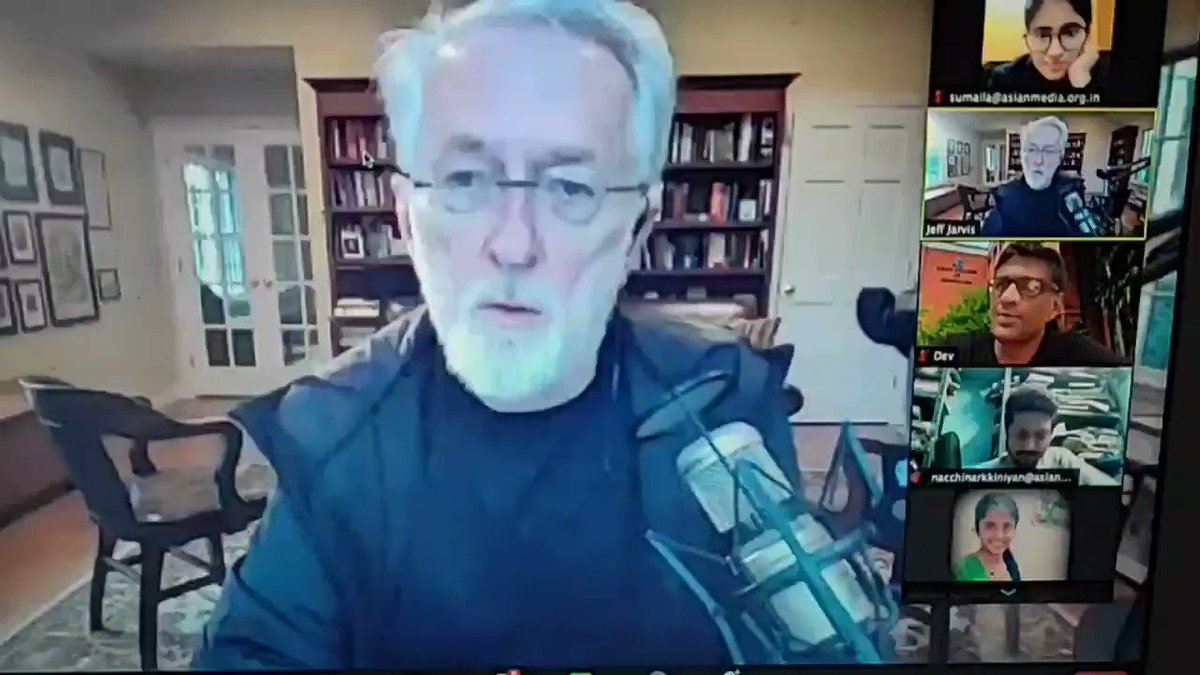Suyashi Smridhi
2:05
2:06
2:08
2:08
2:10
2:12
2:12
2:14
2:17
2:17
2:18
2:22
2:22
2:23
2:25
2:32
2:32
2:34
2:38
2:40
2:41
2:43
2:46
2:48
2:50
2:52
2:54
2:55
2:57
3:00
3:03
3:05
3:06
3:08
3:09
3:10
3:11
3:13
3:15
3:16
Connecting…














